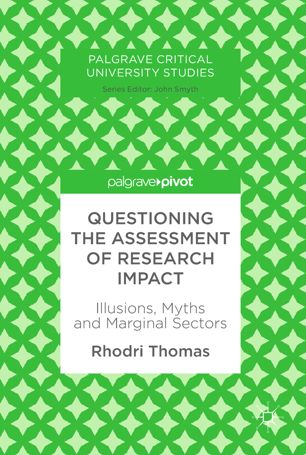

Most ebook files are in PDF format, so you can easily read them using various software such as Foxit Reader or directly on the Google Chrome browser.
Some ebook files are released by publishers in other formats such as .awz, .mobi, .epub, .fb2, etc. You may need to install specific software to read these formats on mobile/PC, such as Calibre.
Please read the tutorial at this link: https://ebookbell.com/faq
We offer FREE conversion to the popular formats you request; however, this may take some time. Therefore, right after payment, please email us, and we will try to provide the service as quickly as possible.
For some exceptional file formats or broken links (if any), please refrain from opening any disputes. Instead, email us first, and we will try to assist within a maximum of 6 hours.
EbookBell Team

0.0
0 reviewsThis book provides the first comprehensive assessment of non-academic research impact in relation to a marginal field of study, namely tourism studies. Informed by interviews with key informants, ethnographic reflections on the author’s extensive work with trade and professional associations, and various secondary data, it paints a picture of inevitable research policy failure. This conclusion is justified by reference to ill-founded official conceptualisations of practitioner and organisational behaviour, and the orientation and quality of tourism research. The author calls for a more serious consideration of research-informed teaching as a means of creating knowledge flows from universities. Research with greater social and economic impact might then be achievable. This radical assessment will be of interest and value to policy makers, university research managers and tourism scholars.